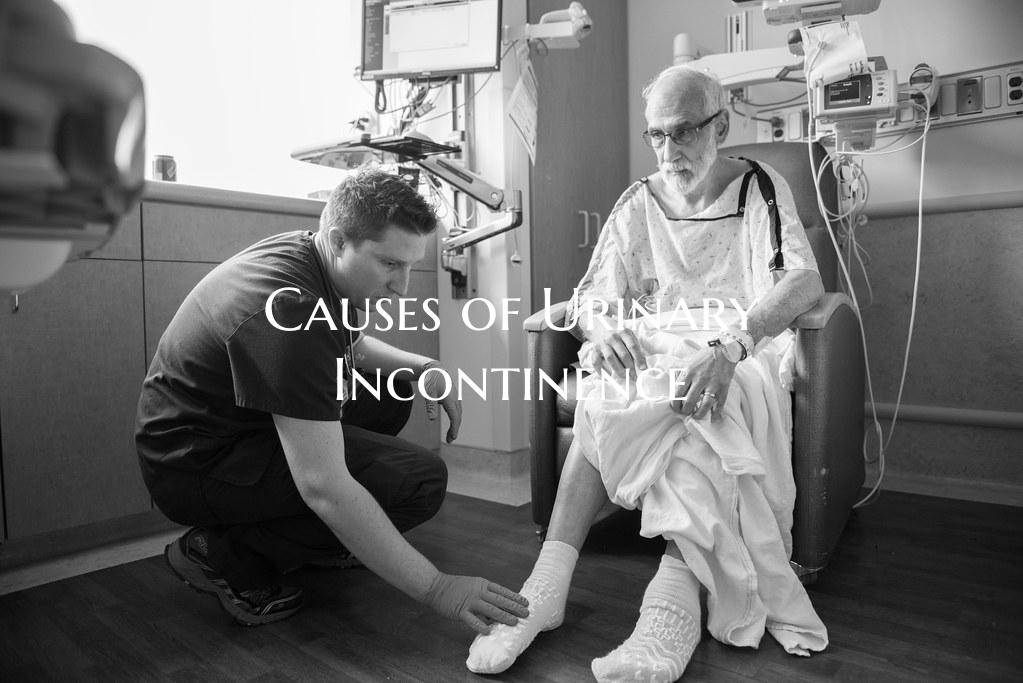
Causes of Urinary Incontinence
Urinary incontinence is a common condition that can affect individuals of all ages and genders. It is characterized by the involuntary loss of urine, which can range from occasional leaks to a complete inability to control the bladder. There are several factors that can contribute to the development of urinary incontinence, including:
1. Weak Pelvic Floor Muscles: One of the most common causes of urinary incontinence is weak pelvic floor muscles. These muscles support the bladder and help control the release of urine. When these muscles are weakened, they may not be able to effectively prevent urinary leakage.
2. Nerve Damage: Nerves play a crucial role in controlling the bladder. Damage to the nerves that are involved in bladder control can lead to urinary incontinence. Conditions such as diabetes, multiple sclerosis, or stroke can damage these nerves and result in bladder dysfunction.
3. Hormonal Changes: Hormonal imbalances, especially in women, can contribute to urinary incontinence. Changes in hormone levels, such as during pregnancy, menopause, or hormone therapy, can weaken the muscles involved in bladder control and lead to urinary leakage.
4. Medical Conditions: Certain medical conditions can increase the risk of developing urinary incontinence. Conditions such as urinary tract infections, bladder stones, prostate problems in men, and anatomical abnormalities can all affect bladder function and contribute to urinary incontinence.
5. Medications: Some medications, such as diuretics, sedatives, and muscle relaxants, can affect bladder function and lead to urinary incontinence as a side effect. It is important to discuss any concerns about medication side effects with a healthcare provider.
6. Obesity: Excess weight can put pressure on the bladder and pelvic floor muscles, leading to urinary incontinence. Maintaining a healthy weight through diet and exercise can help reduce the risk of developing this condition.
7. Lifestyle Factors: Certain lifestyle factors, such as smoking, caffeine consumption, and excessive alcohol intake, can irritate the bladder and worsen symptoms of urinary incontinence. Making healthy lifestyle choices can help manage and prevent this condition.
Understanding the various causes of urinary incontinence is crucial for effective management and treatment. It is important to consult a healthcare provider for a proper diagnosis and personalized treatment plan based on the underlying cause of urinary incontinence.